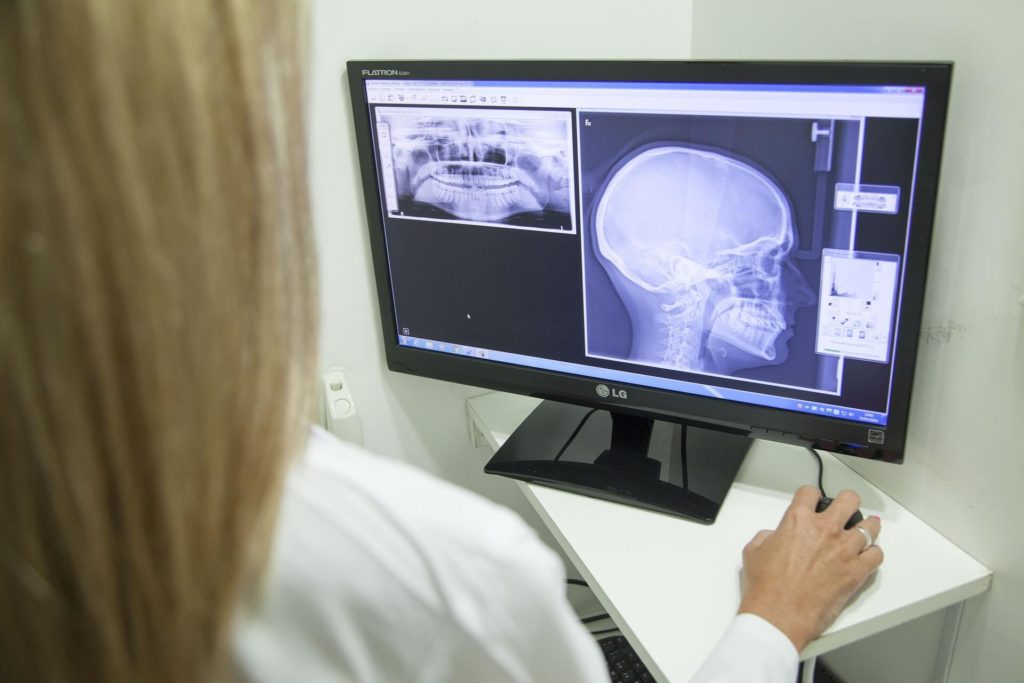The Long-Term Damage of Facial Fractures

Fractures in the face and skull can absolutely transform someone’s life. The bones of the skull lock together in an intricate manner. When any section is broken, the injury can result in deep scars and disfigurements, brain damage, and disabilities. To recover from a facial or skull fracture, you require extensive medical treatment, multiple surgeries, and months of pain and suffering. However, if your injuries were caused by someone else’s negligence, then you may be able to cover all of your damages in a personal injury claim.
Understanding the Structure of the Skull
Following a blow to the head, it is important to have your injuries reviewed by a medical professional. In addition to potentially suffering a concussion or other type of brain damage, you may have fractured bones in your skull and face. Some injuries may not even break the skin but can cause serious complications down the line.
The most common facial fractures include:
- Nasal fractures: Located within the nose, these bones provide the structure for the air canals and nasal passageways. Nasal fractures are extremely common after car wrecks or trip-and-falls, as the nose has little protection. This can make it difficult for you to breathe, cause scarring, and even impact your ability to regulate the temperature in your face.
- Orbital fractures: The seven orbital bones provide structure to the eyes and help keep them in place when they swivel. If damaged, these orbital bones can puncture the eyes and cause blindness or difficulties moving your eyes.
- Mandible fractures: Composed of the bones of the lower jaw, a fractured mandible can affect your ability to eat without suffering sharp pain, your ability to move your mouth, and how you speak.
- Zygomatic fractures: The cheekbones help support the shape of your face and provide stabilization for other bone structures, including the orbital bones and mandible. When broken, it can cause your face to appear flat, impact your ability to see, and cause chronic pain.
- Maxillary fractures: These bones make up the upper jaw and affect your ability to make certain faces, such as smiling or frowning, as well as allow you to eat. If they are damaged, you may have difficulty expressing your emotions, or even laughing, without suffering sharp pain.
- Frontal bone fractures: The frontal bone makes up your forehead. This is a single bone that is designed to protect the brain from severe trauma and, when damaged, can lead to certain brain injuries, migraines, confusion, and other cognitive issues.
When Fractures Lead to Disabilities
While the majority of the nerves in the body branch out from the neck and spine, the 12 cranial nerves connect directly to the brain. If they are damaged, repairing them is extremely difficult, especially if the largest nerve, the trigeminal, is torn or pressured in a fracture. On its own, this nerve handles the motor functions and sensory information of the upper, middle, and lower parts of the face. Not only can nerve injuries here lead to chronic pain, but they can also lead to partial facial paralysis.
Beyond facial paralysis, facial fractures can also result in both hearing loss and blindness. A blow to the side of the head can break the bones of the inner ear. If they end up puncturing the eardrum, the victim can suffer from permanent deafness. In addition, if the victim suffers a blow to the forehead or eyes, an ocular fracture could cause internal bleeding in the eyes or puncture them with a broken bone. While some damage can be repaired with surgery, blindness is a very real possibility after a skull fracture.
Your Legal Options Following a Serious Injury
Moving on from a catastrophic broken bone can be a difficult process. Alongside reconstructive surgeries, you may have to learn to live with a disability, paralysis, or lifelong medical condition, as well as serious disfigurements or scars. These injuries often impact victims’ sense of self-esteem and can make it difficult for them to enjoy a social life.
At the end of the day, all of these injuries come with costly surgeries to repair the damage. Most people can barely handle emergency treatment with health insurance and a hefty savings account, much less the long-term costs of treating a disability. That is why it is extremely important that you review your legal options with a lawyer. At Bottlinger Law L.L.C., we can investigate your case, determine if you are eligible for compensation in a personal injury claim, and advocate for you against the at-fault party. To discuss your case in a free consultation, call our Omaha personal injury lawyer at (402) 505-8234.
Bottlinger Law
Consultation Form
Our legal team is ready to help. Please fill out the form below to set up a free consultation with the Bottlinger Law team.